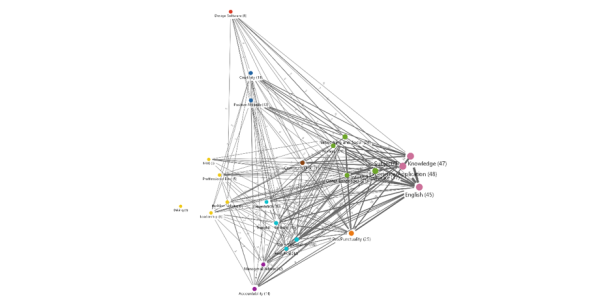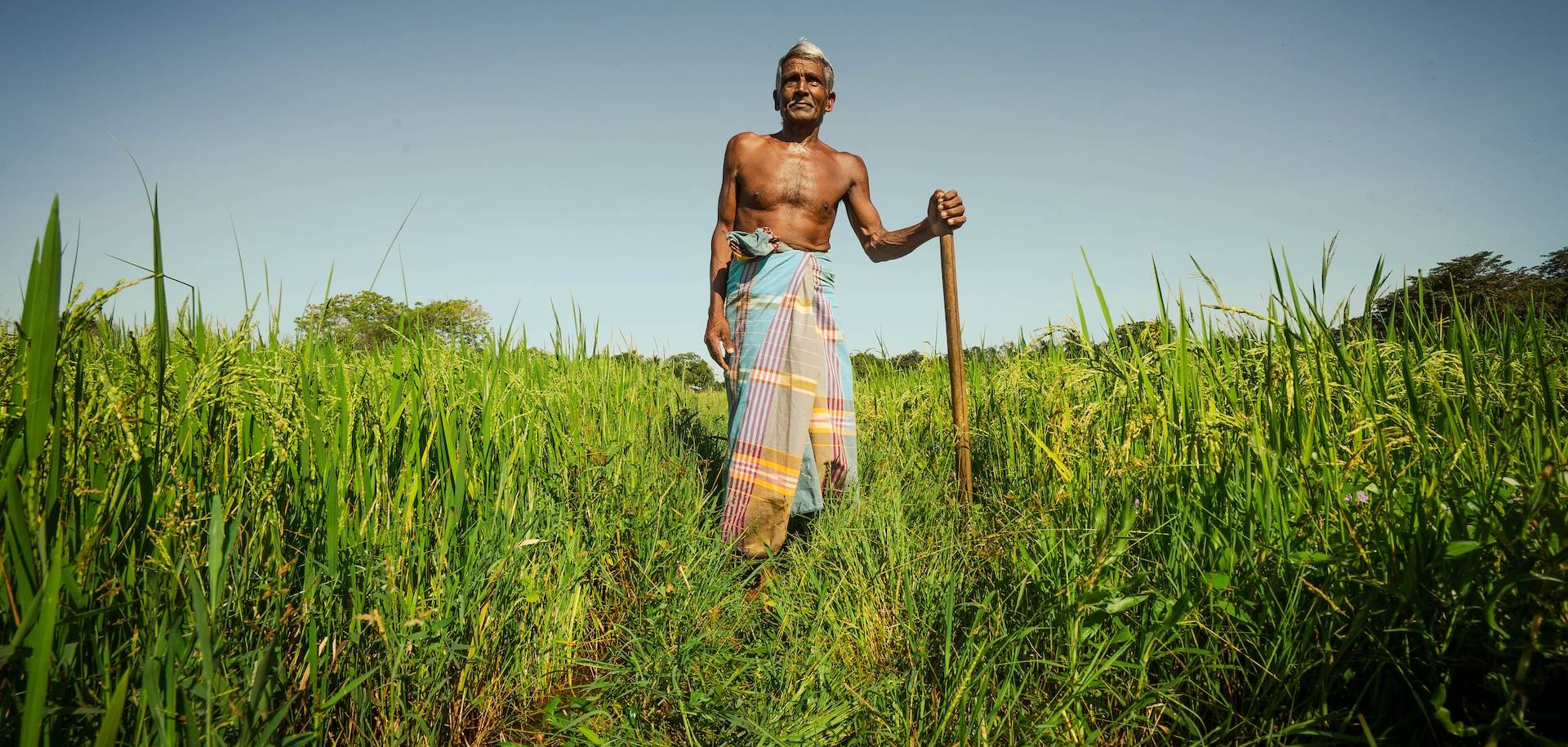The Covid-19 pandemic altered the nature of classroom-teaching across the globe, moving all pedagogy online — with a direct impact on student participation, engagement, learning and mental health. Sandunika Hasangani and Suren Ladd look at pedagogy and curriculum development in higher education in arts and social sciences in Sri Lanka since the pandemic, and compare it with the demands of the job market, to analyse why graduates struggle to get a job, and how the problem may be addressed.
Arts and social sciences courses at public universities in Sri Lanka have been widely criticised for being designed with little attention to current labour market demands. The issue has become more significant after the economic crisis which continues to disrupt the lives of its citizens. Like several other countries, higher education continued delivery online from early 2020, and has predictably seen reduction in student engagement, loss of learning, and increase in isolation. What is the best way to equip and guide students to prepare them for their future careers? To understand this question, we conducted a case study research project in the middle of 2021; here are some of its findings.
The Root of the Problem
As educators ourselves, we begin with a relatively negative assumption that our teaching methods may not necessarily prepare our students well for the job market. The reason for this negative assumption stems from several factors:
- We realised in numerous reflective discussions that our own understanding of the prevailing job market for fresh graduates in arts and social sciences is limited.
- As early career educators, we have less experience in higher education pedagogy, especially regarding improving industry readiness of graduates.
- The course outlines provided by the university do not clearly explain how certain graduate attributes such as ability to communicate, working in groups/teams, critical appraisal skills, generating ideas, and cross-cultural outlook communication skills and critical thinking have been developed.
- It was unclear why (on what basis, or data?) the attributes listed above were added to course outlines. This led to tension over whether educators should focus on teaching specific topics only or create more industry-relevant learning experiences.
Also, conversations with students has revealed that they have difficulty finding a job with a first degree in the arts or social sciences without any relevant work experience. Students noted that job advertisements asked for skills (eg., strong command of the English language, technological skills) in addition to what their formal courses/degrees equipped them.
These are supported by social commentary that Sri Lankan graduates in the arts and social sciences often have difficulty finding employment as they do not match the needs of the labour market; studies have also found gaps between what the industry demands and what is taught in undergraduate courses in these disciplines.
Our Method and Findings
The first challenge was of bridging the gap regarding current job market expectations and outgoing graduates for the workplace. Due to the unreliable nature of the sources that regularly monitor job market trends in Sri Lanka, we analysed 60 job postings published online between October–December 2021. All job advertisements analysed were ‘early career’, and in sectors like governance, peace-building, development, crisis management, or similar/closely related sectors. Based on a systematic content analysis, our results (Figure 1) show theoretical knowledge, previous experience or application skills, information management and basic software proficiency, as well as language skills (especially English) are often required in job postings. Other skills such as networking, writing, presentation skills, trainability, flexibility, teamwork, professionalism, and punctuality are also frequently on demand in most job postings.

Figure 1: Frequency of Co-occurrence of Job Skills © Authors.
Note: The map has nodes, lines and text representing different skills. Some skills are mapped in proximity, while others are more dispersed. Proximity of two skills to each other suggests that there is a high possibility that those skills co-occur in a job advertisement. Some skills are mapped with large nodes, while others are relatively smaller. In the sample, the skills represented by the larger nodes occur more frequently than those represented by smaller nodes. There are a variety of lines connecting various nodes together. Some of the lines are thicker than others, suggesting the degree of coincidences between the two codes.
From this limited research project’s analysis, we note:
- There was a gap in our knowledge of the industry’s needs; knowing the needs more clearly led to a sense of confidence and self-satisfaction.
- Following from the above, we were able to create meaningful, outcome-driven classroom activities and assessments.
- The greatest gain from this exercise is that it equipped us to be guilt-free (or self-legitimating) educators as we now felt that we are not irrelevant during the teaching and learning process.
We shared and discussed these results with undergraduates during our regular lectures. Our assessments and other in-class activities are now designed based on these findings. In addition to developing more realistic outcome- and employment-focused practices, communicating our findings also increased the legitimacy of the university’s pedagogical process, as well as that of the educator, leading to a greater and more sincere buy-in from the students themselves.
Overall, our initial assumption that our teaching methods may not effectively prepare students for the job market was a necessary step in realising the need for improvement. It is a constant journey to improve and adapt to the changing needs of the industry, but we believe that by staying informed and open to change, we can provide students with skills and experience needed to succeed in their future careers.
*
The views expressed here are those of the authors and not of the ‘South Asia @ LSE’ blog, the LSE South Asia Centre or the London School of Economics and Political Science.
This blogpost may not be reposted by anyone without prior written consent of LSE South Asia Centre; please e-mail southasia@lse.ac.uk for permission.
Banner image © Marco Fileccia, ‘An Empty Classroom with Corona Mask’, 2021, Unsplash.
*







